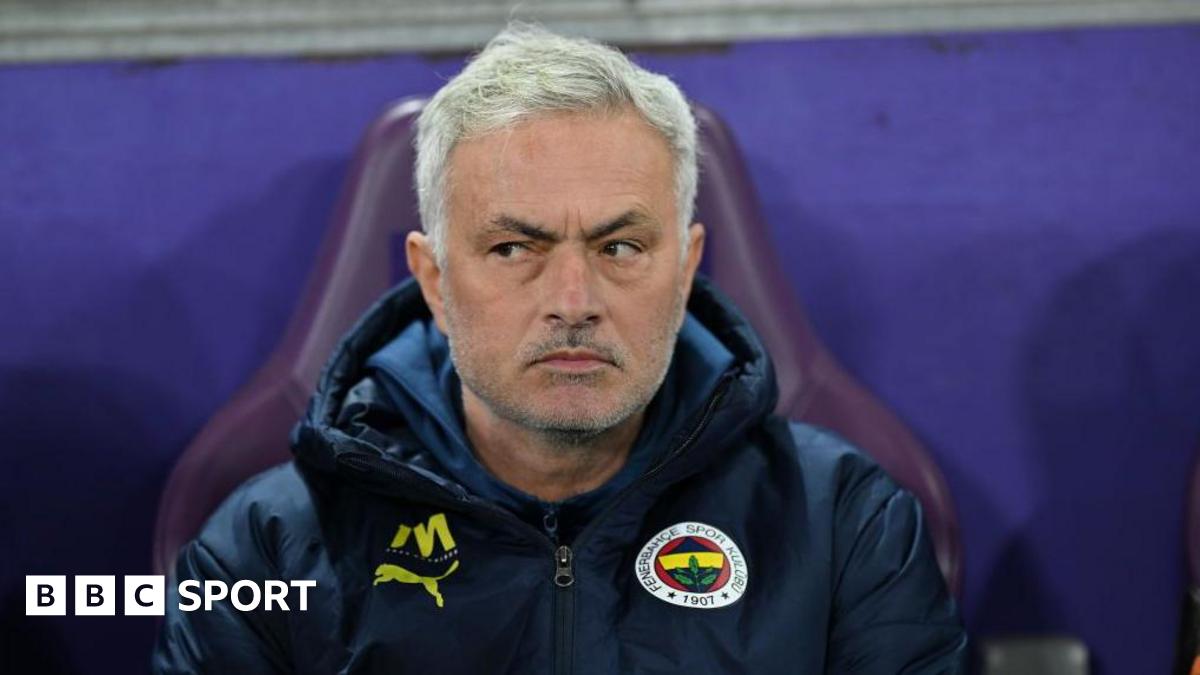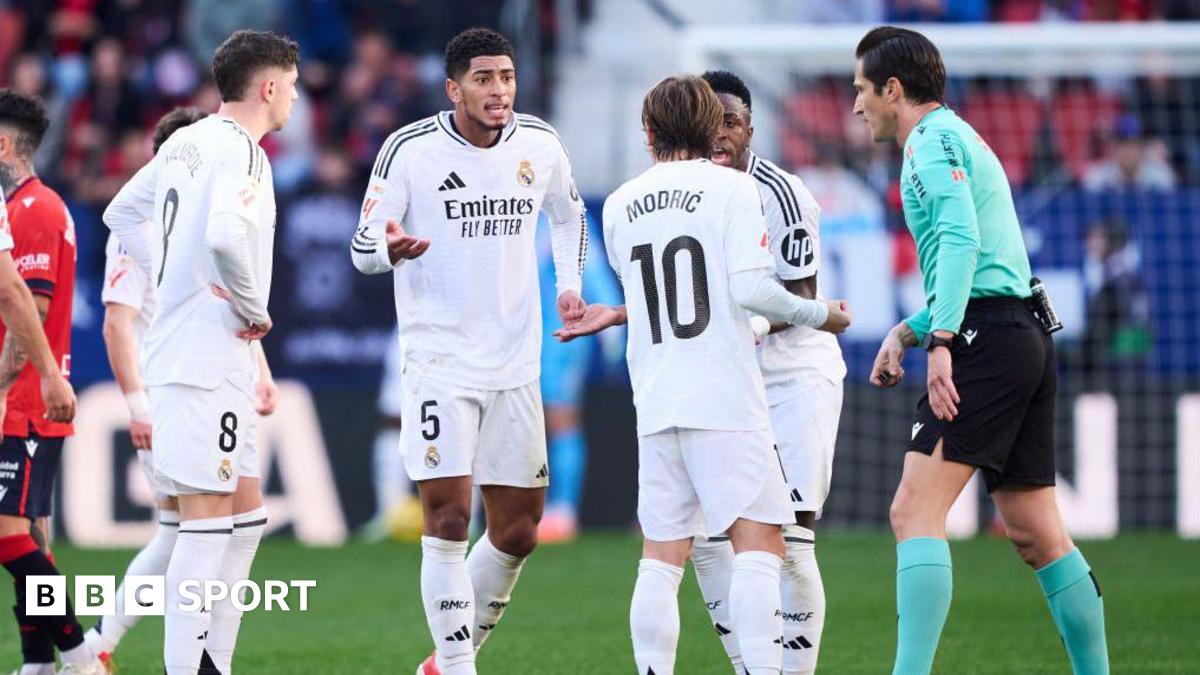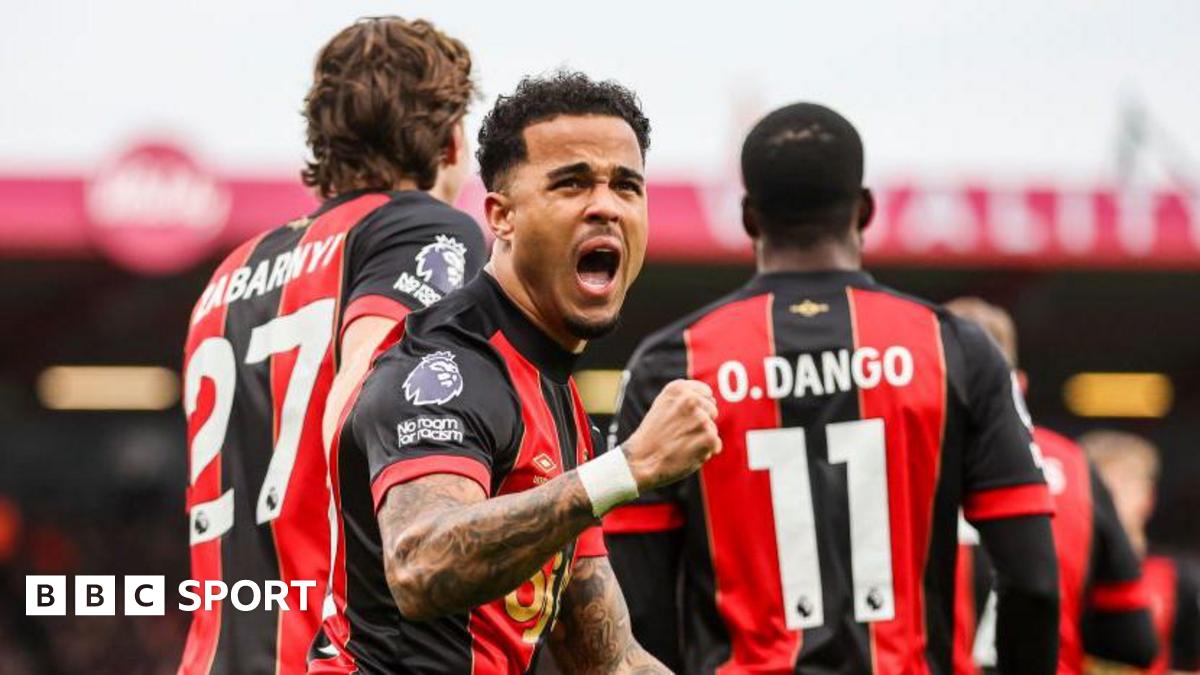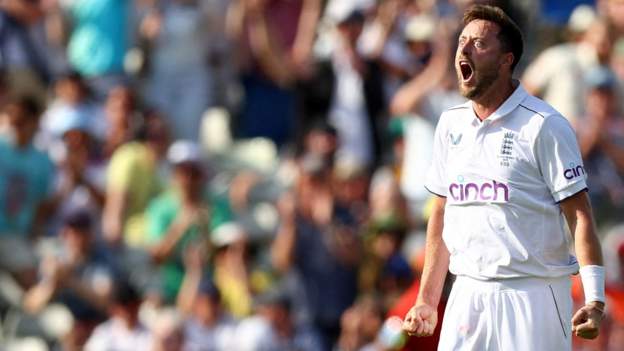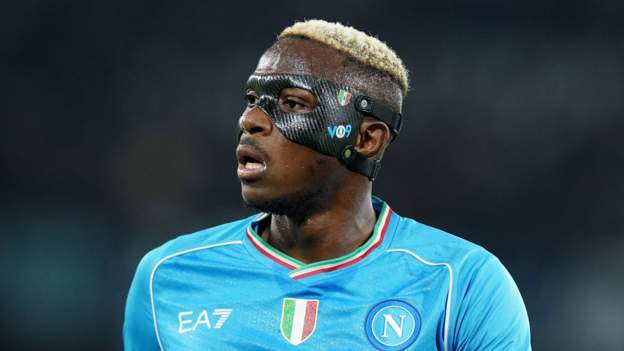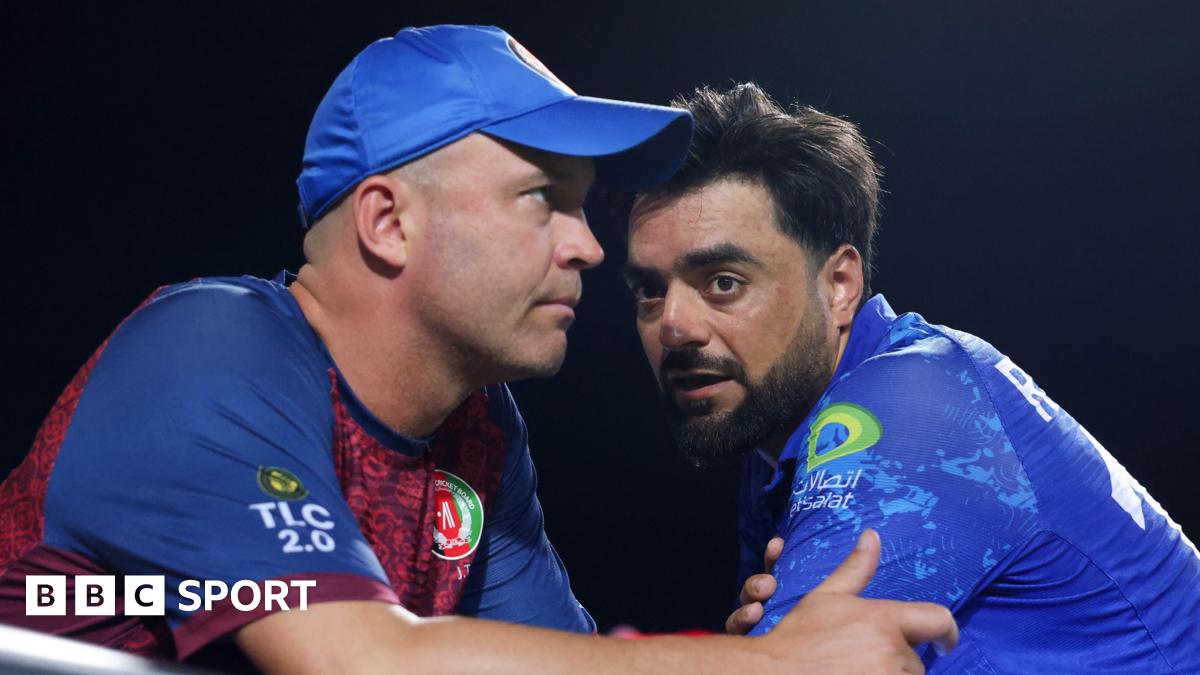What is it about this ground?
Headingley may have cornered the market on England all-rounders salvaging Ashes lost causes, but for the slow build of drama, an electrifying atmosphere and squeaky-bum finishes, Edgbaston is the place to be.
To Ian Botham in 1981 (he followed up his masterpiece in Leeds with another showstopper here) and Steve Harmison in 2005, get ready to add 2023.
As Birmingham sleeps, England will need seven more wickets, Australia another 174 runs to reach their target of 281 – barely a cigarette paper between them, day five full of promise for another classic.
If it is close, then it would be a fitting finish to a barnstorming first Test that has not only surpassed sky-high expectations for this series, but also served up a nostalgic soundtrack of Ashes greatest hits – Now That’s What I Call Ashes.
Zak Crawley’s crunching drive off Pat Cummins will go into the canon of Ashes first-ball memories. Ollie Robinson has played the role of provocateur to twist the knickers of the Aussie media. The Hollies Stand has done its bit to turn Edgbaston into England’s answer to the Gabba. Stuart Broad has been Stuart Broad.
There is perhaps not another England cricketer who connects with the crowd quite like Broad. If this is the 36-year-old’s final series in an Ashes career that has included match-winning bursts at The Oval in 2009, Chester-le-Street in 2013 and Trent Bridge in 2015, then he has started like a man determined to play one last banger.
On a bright Monday evening, England had an opening and Broad had the ball. As he turned to the Hollies, he might as well have been wearing a tailcoat and holding a baton. The crowd, sunburned and beered-up, responded like the choir of St Paul’s.
If taking the edge of Marnus Labuschagne was enough of an inevitability for Broad to barely celebrate, then doing the same to Steve Smith set Broad off and running. Wicketkeeper Jonny Bairstow danced a jig. Rumour has it that tremors were felt in Small Heath.
There is already a road bearing Broad’s name in Birmingham. If he bowls like that again on Tuesday, the Hollies will carry him to Broad Street and drink it dry.
Edgbaston is a sellout for day five, just as it was that Sunday in 2005 when there was the possibility only two balls would be bowled.
As it turned out, Australia’s last two partnerships got them within three runs of breaking English hearts before umpire Billy Bowden’s crooked finger sparked delirium.
The two matches are 18 years apart, but there is only one run difference between Australia’s respective targets. Back then it was 282, now 281.
The victors and vanquished that were playing then are here now. Michael Vaughan, Kevin Pietersen, Ricky Ponting and Jason Gillespie in the commentary boxes, Marcus Trescothick in the England dressing room as assistant coach.
The 407 that England made on day one back then and 393-8 declared from this match are the only two times against Australia they have made a total in excess of 350 at quicker than five runs an over.
“It does feel like the same energy as 2005, and if we have a series like that we’re going to inspire a lot of kids to play the game, aren’t we?” said Broad.
“I was at my mum’s house and watching it almost hiding behind the sofa. I’m not sure we want it going to two runs tomorrow from our point of view do we? Please.”
If England prevail on Tuesday, there is an argument that says this will be their most impressive victory over the Aussies since Vaughan leaped into Andrew Flintoff’s arms on this ground in 2005.
Yes, there has been more improbable, but Ben Stokes at Headingley four years ago was a once-in-a-lifetime freak in a game England should have lost.
There have been some that were achieved in more hostile conditions, but the three innings victories down under in 2010-11, including the Boxing Day massacre at the Melbourne Cricket Ground, were against a poor Australia team.
This would be the collective outmuscling of the best team in the world – Australia got a trophy to prove as much last week. Not only that, but England would have done so by imposing their radical style on an Australia side used to calling the shots.
Whatever the result, the consequences will be significant, for more reasons than the historical trend of the team that wins the first Ashes Test goes on to win the series.
Australia have revealed themselves to be simultaneously intrigued, bewildered and terrified of England’s Bazballing ways. Their cautious approach has been similar to my 20-year-old daughter’s relationship with our washing machine. She likes pressing the buttons and even waves at it when she leaves the house, but wants no part when it starts spinning.
Australia have clung on to England’s coattails. They have used rope-a-dope tactics, sitting back and hoping Stokes’ side would make mistakes. It might be that they have hung in long enough to sneak ahead in the final round, but if they don’t, where do they go from here? Once a retreat has been called, it is hard to go back on the attack.
Should England lose out, they will have questions to answer over their cavalier first-innings declaration, the fitness of Moeen Ali’s finger and Bairstow’s butterfingers.
Whatever happens, the Ashes have already delivered, captivating the audience with a ding-dong opening battle between the best of enemies.
“Ashes cricket is magical,” said Broad.
There is often more magic at Edgbaston. Now for the finale.



